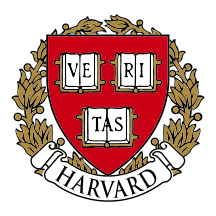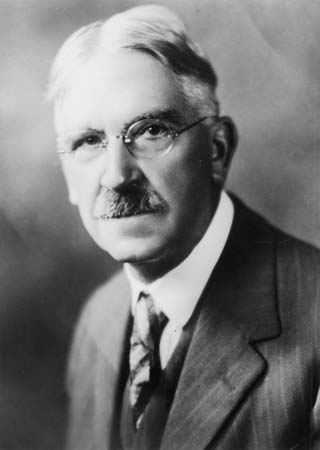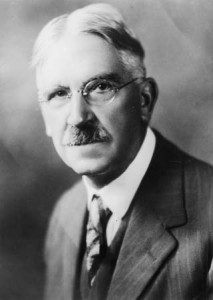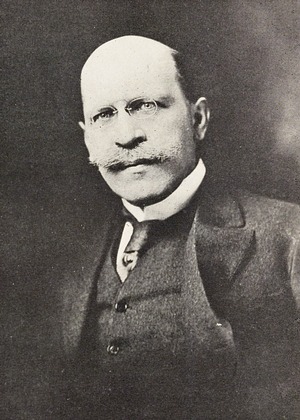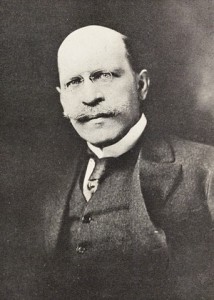 To Daniel MacGhie Cory
To Daniel MacGhie Cory
Hotel Bristol.
Rome. April 13, 1938
Your review of “Truth” could not be improved as a manifestation of your talents, natural and acquired. The style and tone are mature and cultivated, without affectation, and your treatment of me and my book handsome and becoming. That you look at us from the outside is a timely variation from having seen us from the inside for ten years. My writings are tiresome. Their merits can become annoying and turn into defects. It is as well that now you can take a holiday; which doesn’t exclude the possibility of some day returning to them with freshness of apperception and judgment. Perhaps then you might not deprecate my purple passages, and might see (what is the historical fact) that they are not applied ornaments but natural growths and realizations of the thought previously moving in a limbo of verbal abstractions. And then too you might choose other words than “definitions” for my fundamental ideas, or than “neat” for the unity they compose. You know perfectly well that they are imaginative intuitions, and that they hang together, not by external adjustment, but because they are defined by analysis of an imaginative total, a single unsophisticated vision of the world. This vision, in my case, is chiefly of nature and history, subjects you have not studied very much; and you probably will get on better for preferring to dwell on detached arguments or feelings, such as the public relies on. You might find your surest convictions in the region of introspection or of religious feeling. That would legitimately alienate you from my naturalism, which is like that of Lucretius or Spinoza. Naturalism easily leads to purple passages, because nature is the genuine root of emotion. When emotion, on the contrary, is the root of a system, it naturally develops into arguments, proofs, and refutations, because, as in inspiration, then the question is what ought to be rather than what is.
Edman is here, and rather fatigues me with his proddings, where he fears that my feelings may not be quite American. We live in a fanatical age, an age of propaganda, when everybody wants the support of the whole herd in order to be quite at peace in his own conscience. I am reading the Upanishads, St. Augustine’s Confessions, and Spinoza’s Politics, to take the bad taste out of my mouth.
From The Letters of George Santayana: Book Six, 1937-1940. Cambridge, MA: The MIT Press, 2004.
Location of manuscript: Butler Library, Columbia University, New York NY.
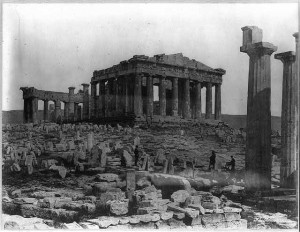 To Charles Scribner’s Sons
To Charles Scribner’s Sons
